A flow gauge is a device used to measure the mass of a liquid or gas. The terminology used to refer to them depends on the industry, with names such as flow meters, flow rate sensors, liquid meters, and indicators. Flow gauges can measure the flow in a pipe or open channel and offer accurate flow and volumetric measurements. As a gas or liquid flows through a flow gauge, the media’s flow, volume, speed, and mass are measured. Read More…
Sierra manufacturers high performance mass flow meters and controllers for nearly any gas, liquid or steam. Customers choose Sierra when they need an accurate and repeatable flow measurement, short delivery lead times, expert flow advice and long term support. When it matters, choose Sierra. Visit www.sierrainstruments.com.

Aalborg Instruments & Controls is a globally recognized manufacturer of precision instrumentation for flow measurement and control. We offer variable area flow meters, thermal mass flow controllers, and more. Since our founding in 1972, it has been our commitment to develop, produce and deliver the highest quality products and services, as well as consistently meet or exceed customer...
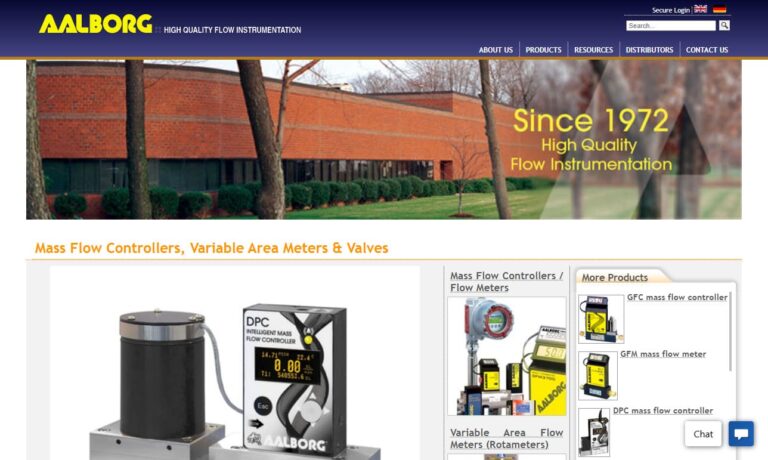
Ryan Herco Flow Solutions is a leading national distributor for fluid handling products. Our family of products include; Flowmeters, sensors, instrumentation tubing and hose, process pipe and fittings, valves, pumps, filters and filter systems, storage and drums, and corrosion resistant structural products. We have 29 U.S. Service Centers ready to serve you.

Our flow meters are meticulously designed with you in mind. Our products have an unrivaled reputation, because we spend hundreds of engineering hours working on new and better ways to improve our products. No matter what you need, we can get if for you! Our staff is dedicated to helping you every step of the way. Contact us today for more info!
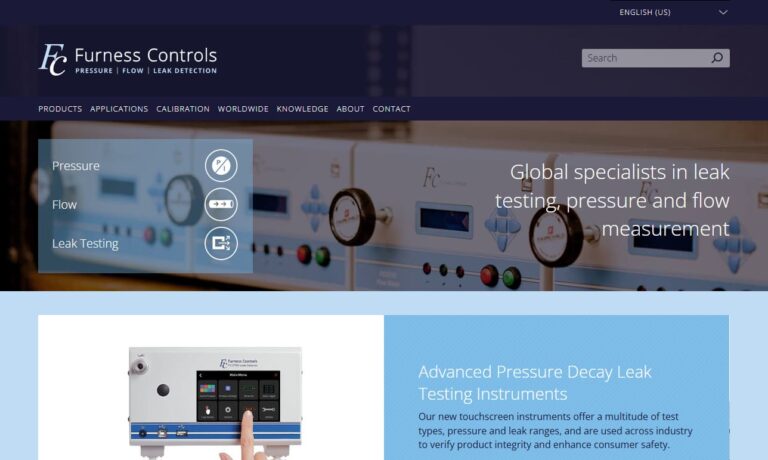
We are ONICON Incorporated, a leading manufacturer of flow meters and energy measurement systems. Our products and solutions are used in a wide range of applications, including HVAC, building automation, and industrial processes.
More Flow Gauge Manufacturers

Flow Gauge Classification
Flow gauges, also known as flow meters or flow sensors, are critical devices used to measure the flow rate of various liquids and gases within industrial, commercial, and residential processes. These instruments help ensure accurate monitoring, process control, and resource management across different applications. Understanding the different types of flow gauges enables users to select the ideal solution for their specific requirements, optimizing efficiency and performance.
The three primary groups of flow gauges are mechanical flow gauges, optical flow gauges, and open channel flow gauges. Each classification offers unique measurement principles, accuracy levels, and application niches:
- Mechanical Flow Gauges: Involve a moving part or element in direct contact with the fluid or gas being measured.
- Optical Flow Gauges: Utilize light (typically laser) and photodetectors for non-contact, highly precise measurement.
- Open Channel Flow Gauges: Designed for measuring flow in open channels, such as rivers or wastewater treatment flumes, where the fluid is not confined by closed pipes.
Mechanical Flow Gauge
Mechanical flow gauges remain a widely used solution due to their robust design, versatility, and ability to provide direct, reliable readings. They are particularly valued in industries where electrical power may be limited or where ruggedness is a priority.
Mechanical flow gauges are subdivided into four main types, each defined by the mechanism used for measuring flow:
- Positive Displacement Flow Gauges
- Mass Flow Gauges (Coriolis and Thermal)
- Differential Pressure Flow Gauges
- Velocity Flow Gauges
Positive Displacement Flow Gauges
Positive displacement (PD) flow gauges operate by separating the fluid into precise, metered volumes within a chamber. Internal components like gears, pistons, or rotors rotate or shift as fluid passes through, enabling the device to deliver highly accurate volumetric flow measurements. These flow meters are often chosen for applications requiring precise dosing or batching—such as in the chemical, food and beverage, and pharmaceutical industries.
Because they do not require an external power supply and are capable of handling viscous liquids with minimal slippage, PD flow gauges are especially suitable for fuel measurement, hydraulic fluid dispensing, and oil transfer. Explore our positive displacement flow meter selection to find the best fit for your application needs.
Mass Flow Gauges
Mass flow gauges are essential for processes where measuring the actual mass of the media—rather than just its volume—is critical. This is particularly important in chemical reactions, gas measurement, and any application where temperature and pressure changes can affect volumetric readings. The two most common types are Coriolis flow meters and thermal mass flow meters.
Coriolis Flow Gauges
Coriolis flow meters are highly accurate, direct mass flow measurement devices. They function by vibrating a set of tubes through which the fluid passes. The fluid's inertia causes a phase shift and amplitude change in the vibration, which is detected and processed by the device's electronics to determine mass flow rate. Because Coriolis meters measure mass directly, they are immune to changes in fluid density, temperature, or viscosity, making them ideal for custody transfer, chemical batching, and food processing.

Thermal Mass Flow Gauges
Thermal mass flow meters utilize the principle of heat transfer to measure the mass flow rate of gases and, in some cases, liquids. A heating element and temperature sensors are placed in the flow path; as the fluid passes, it carries heat away from the element. The rate of heat loss is proportional to the mass flow rate and is measured by the temperature sensors. Thermal mass flow meters are commonly used for monitoring compressed air, natural gas, and other clean, dry gases in industrial HVAC, environmental monitoring, and utility management.
Differential Pressure Flow Gauges
Differential pressure (DP) flow meters are among the most widely used flow measurement devices in the world. These gauges create a restriction—using an orifice plate, venturi tube, or flow nozzle—that produces a pressure drop as fluid flows through. The difference in pressure upstream and downstream of the restriction is directly related to the flow rate. Due to their simplicity, reliability, and low cost, DP flow meters are prevalent in water treatment, oil and gas production, and steam flow measurement. When selecting a DP flow gauge, consider factors such as accuracy, required turndown ratio, and maintenance requirements.
Velocity Flow Gauges
Velocity flow meters determine flow rate by measuring the speed of the fluid and multiplying by the cross-sectional area of the pipe. Diverse technologies fall under this category, each with specific strengths and best-fit applications:
- Turbine Flow Meters: Use a rotor or turbine placed in the flow path; rotational speed is proportional to fluid velocity. Ideal for clean, low-viscosity liquids like water, solvents, and fuels.
- Paddlewheel Flow Meters: Employ a rotating paddlewheel whose revolutions indicate flow velocity. Commonly used in irrigation, water distribution, and chemical dosing.
- Electromagnetic Flow Meters (Magmeters): Measure the voltage induced as conductive fluids pass through a magnetic field, ideal for wastewater, slurries, and aggressive chemicals.
- Vortex Shedding Flow Meters: Detect vortices shed by a bluff body in the flow stream; frequency is proportional to velocity. Suitable for steam, gas, and clean liquid measurement.
- Ultrasonic Flow Meters: Use sound waves (transit-time or Doppler) to measure the fluid's velocity. Non-intrusive and effective for large pipes or when minimal flow disturbance is required.
Velocity flow gauges are valued for their wide turndown ratios, minimal pressure drop, and adaptability across a range of pipe sizes and flow conditions. When evaluating velocity flow meters, assess factors such as fluid type, required accuracy, installation constraints, and long-term maintenance needs.
Optical Flow Gauges
Optical flow meters provide non-contact, real-time flow measurement using advanced laser and photodetector technology. As fluid or gas passes through a transparent or translucent pipe section, laser beams are scattered and detected by photodetectors positioned at known distances. The time-of-flight or pulse frequency is processed to calculate flow velocity and, with pipe dimensions, the volumetric flow rate.
Because optical flow meters do not require direct contact with the process media, they are ideal for sterile, corrosive, or high-purity applications such as semiconductor manufacturing, pharmaceutical production, and research laboratories. They are also resilient in extreme temperature and pressure environments, reducing maintenance and the risk of contamination. For hostile or hazardous process conditions, optical flow gauges are a preferred choice.

Open Channel Flow Gauges
Measuring the flow of liquids in open channels—such as rivers, canals, and wastewater treatment plants—presents unique challenges since the fluid surface is exposed to the atmosphere and constrained only by the physical channel and gravity. In these cases, open channel flow meters are used to determine the relationship between fluid depth (level) and flow rate.
Open channel flow gauges employ technologies such as ultrasonic transducers, pressure sensors, shaft encoders, and radar sensors to measure water level and calculate volumetric flow. These instruments are commonly installed at critical infrastructure points like weirs, flumes, stormwater outfalls, and irrigation channels. Applications include regulatory compliance, flood monitoring, and water resource management. For more detail, see our guide on open channel flow meters.

Uses for Flow Gauges
Flow gauges provide critical data for process control, resource management, and system safety across a wide spectrum of industries. Their ability to measure, monitor, and control fluid or gas flow ensures operational efficiency, product quality, and regulatory compliance. Here are some of the most significant applications and industries relying on flow meter technology:
Petroleum Production
The oil and gas industry is one of the largest users of flow gauges, employing a variety of flow meter types at every stage from upstream exploration to downstream distribution. Accurate measurement of crude oil, refined products, and natural gas is essential for custody transfer, process optimization, and regulatory reporting. Flow meters help monitor production rates, detect leaks, and manage injection rates for enhanced oil recovery. Explore how to choose the best flow gauge for petroleum production by reviewing device compatibility with high pressures, corrosive fluids, and wide temperature ranges.
Chemical Industry
The chemical processing industry depends on precise flow measurement for dosing, blending, and reaction control. Flow gauges ensure that ingredients are delivered in exact quantities, maintaining product quality and process safety. In hazardous chemical environments, choosing flow meters with high chemical compatibility, explosion-proof ratings, and minimal maintenance needs is crucial. Coriolis and positive displacement meters are often used for their accuracy and reliability in challenging chemical applications.
Gas Stations
Retail fuel stations use certified flow gauges to measure both the fuel received from suppliers and dispensed to customers. Regulatory standards demand high accuracy, as errors can lead to significant financial losses or legal issues. When selecting a flow meter for fuel dispensing, consider features such as tamper resistance, temperature compensation, and compliance with local metrology regulations. For gas station operators, routine calibration and maintenance are essential to uphold measurement integrity.
Additional Flow Gauge Applications
- Water and Wastewater Treatment: Monitoring influent and effluent flows for regulatory compliance and process optimization.
- HVAC Systems: Measuring chilled water, hot water, or steam flow for energy management and system balancing.
- Food and Beverage Processing: Ensuring recipe accuracy, batch consistency, and product quality through precise ingredient measurement.
- Pharmaceutical Production: Maintaining strict process control and documentation for GMP compliance.
- Power Generation: Monitoring boiler feedwater, cooling water, and fuel flow to optimize efficiency and prevent downtime.
- Automotive Manufacturing: Managing paint, coolant, and lubricant flows in automated production lines.
Benefits of Using Flow Gauges
Implementing the right flow gauge delivers a broad range of benefits for process engineers, maintenance teams, and business owners. Key advantages include:
- Enhanced Process Efficiency: Real-time flow data enables process optimization, minimizing waste and energy consumption.
- Improved Product Quality: Accurate flow measurement ensures consistent product batches and reduces the risk of defects.
- Regulatory Compliance: Many industries require flow monitoring for environmental, safety, and trade standards.
- Reduced Downtime: Early detection of leaks, blockages, or abnormal flow conditions helps prevent costly downtime and equipment damage.
- Cost Savings: Optimized resource usage and minimized product loss translate to direct cost savings.
How to Select the Right Flow Gauge
Choosing the right flow gauge for your application can be complex, given the range of available technologies and the specific requirements of each process. Consider these key decision factors when evaluating flow meter options:
- Fluid Type: Is your process media a liquid or gas? Is it clean, viscous, corrosive, or contains particulate matter?
- Required Accuracy: What level of precision do you need? Custody transfer applications require higher accuracy than simple monitoring.
- Flow Range: What are the minimum and maximum flow rates for your application?
- Pipe Size and Configuration: What is the diameter and material of the process piping?
- Installation Constraints: Is there limited space, or are non-intrusive solutions preferred?
- Environmental Conditions: Consider temperature, pressure, humidity, and presence of hazardous or explosive atmospheres.
- Maintenance Requirements: How often does the meter need calibration or servicing?
- Budget: What is your allocated budget for both initial purchase and long-term maintenance?
Not sure which flow meter is right for your needs? Ask an expert or request a quote from multiple flow gauge suppliers to compare features, specifications, and pricing.
Frequently Asked Questions About Flow Gauges
When researching or planning to purchase a flow gauge, you may have questions such as:
- What are the differences between mechanical, electromagnetic, and ultrasonic flow meters?
- How do I calibrate or maintain my flow meter for best performance?
- Which flow meter is best for measuring viscous liquids or slurries?
- How do environmental factors affect flow measurement accuracy?
- What certifications or approvals do I need for my industry?
Choosing the Right Flow Gauge Supplier
Selecting the right flow gauge supplier is critical to ensuring you receive a reliable, cost-effective, and application-appropriate solution. Here’s how our supplier directory adds value to your purchasing process:
- Compare Multiple Companies: Access a curated list of flow gauge manufacturers and distributors, each with detailed business profiles outlining their expertise, capabilities, and product range.
- Request Quotes Easily: Use our integrated RFQ (Request for Quote) form to quickly contact multiple suppliers with your application requirements and receive competitive quotes.
- Website Previewer: Gain insight into each supplier’s specialties, certifications, and service offerings with our proprietary website preview tool—streamlining your research and vendor selection process.
- Direct Communication: Reach out to suppliers directly via embedded contact forms for technical questions, product recommendations, or custom solutions.
Ready to find the perfect flow gauge for your application? Browse our directory of flow gauge suppliers to begin your search, or request a quote today to compare options and pricing.
Get Started: Find the Best Flow Gauge for Your Application
Whether you’re seeking a high-accuracy flow meter for critical chemical dosing, a robust mechanical flow gauge for oil and gas, or a non-contact solution for open channel monitoring, our platform connects you with leading flow gauge manufacturers and distributors. Request a quote now or explore our supplier directory to get started. For expert assistance in selecting, installing, or troubleshooting your flow measurement devices, contact our support team—we’re here to help every step of the way.




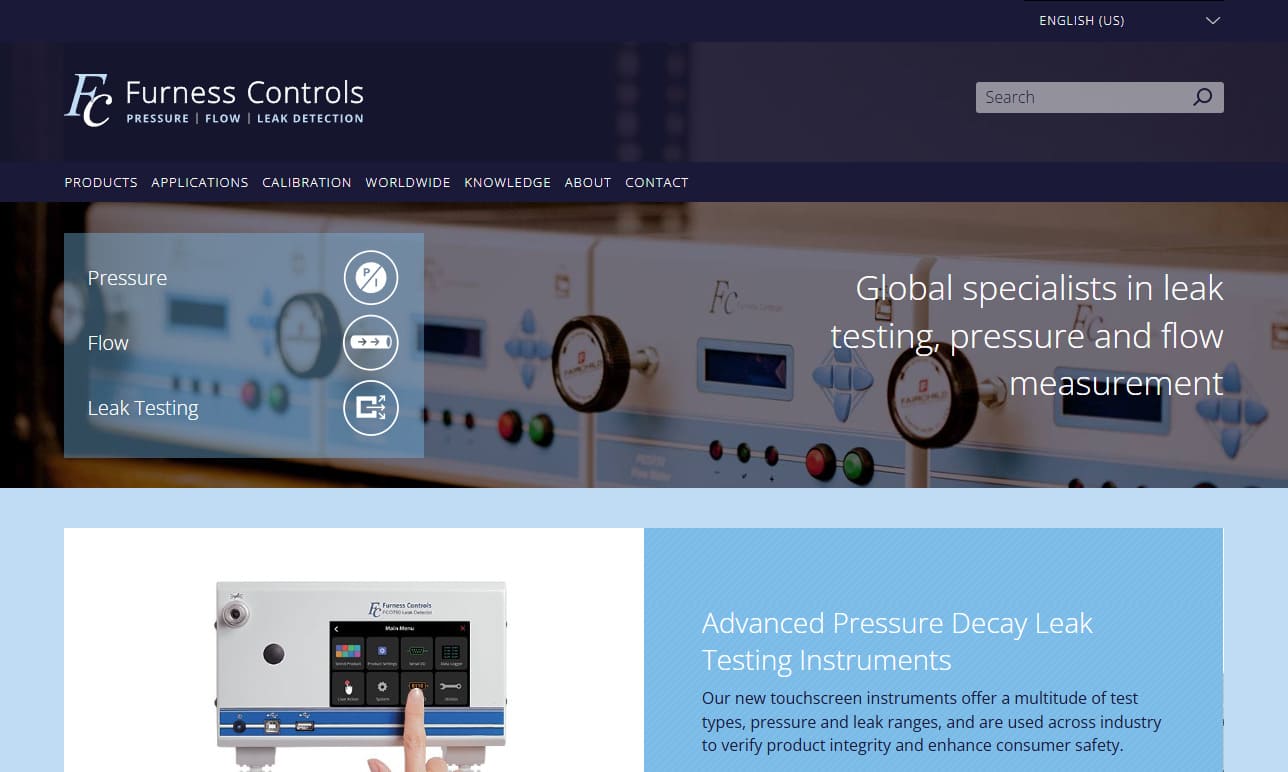
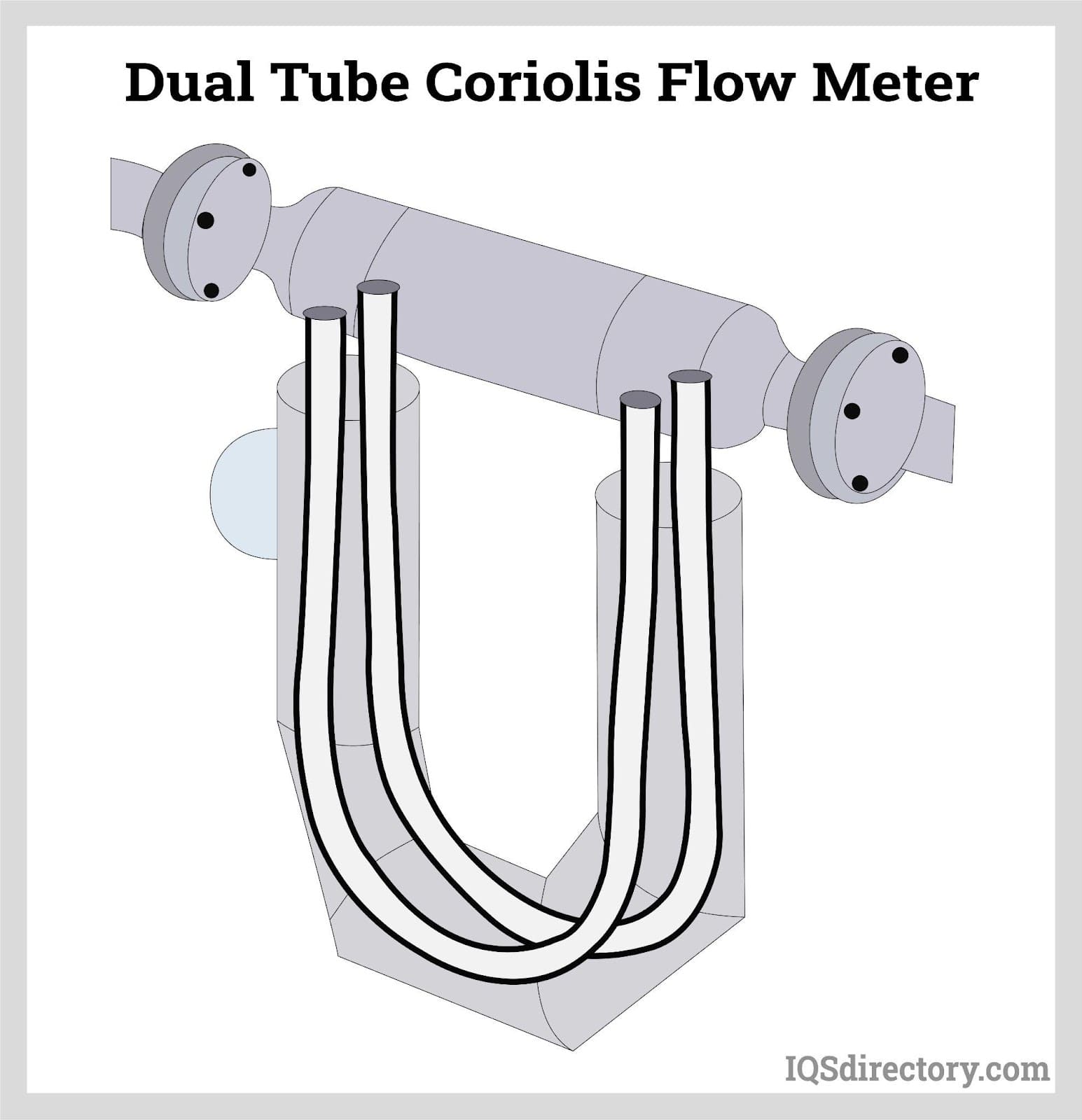
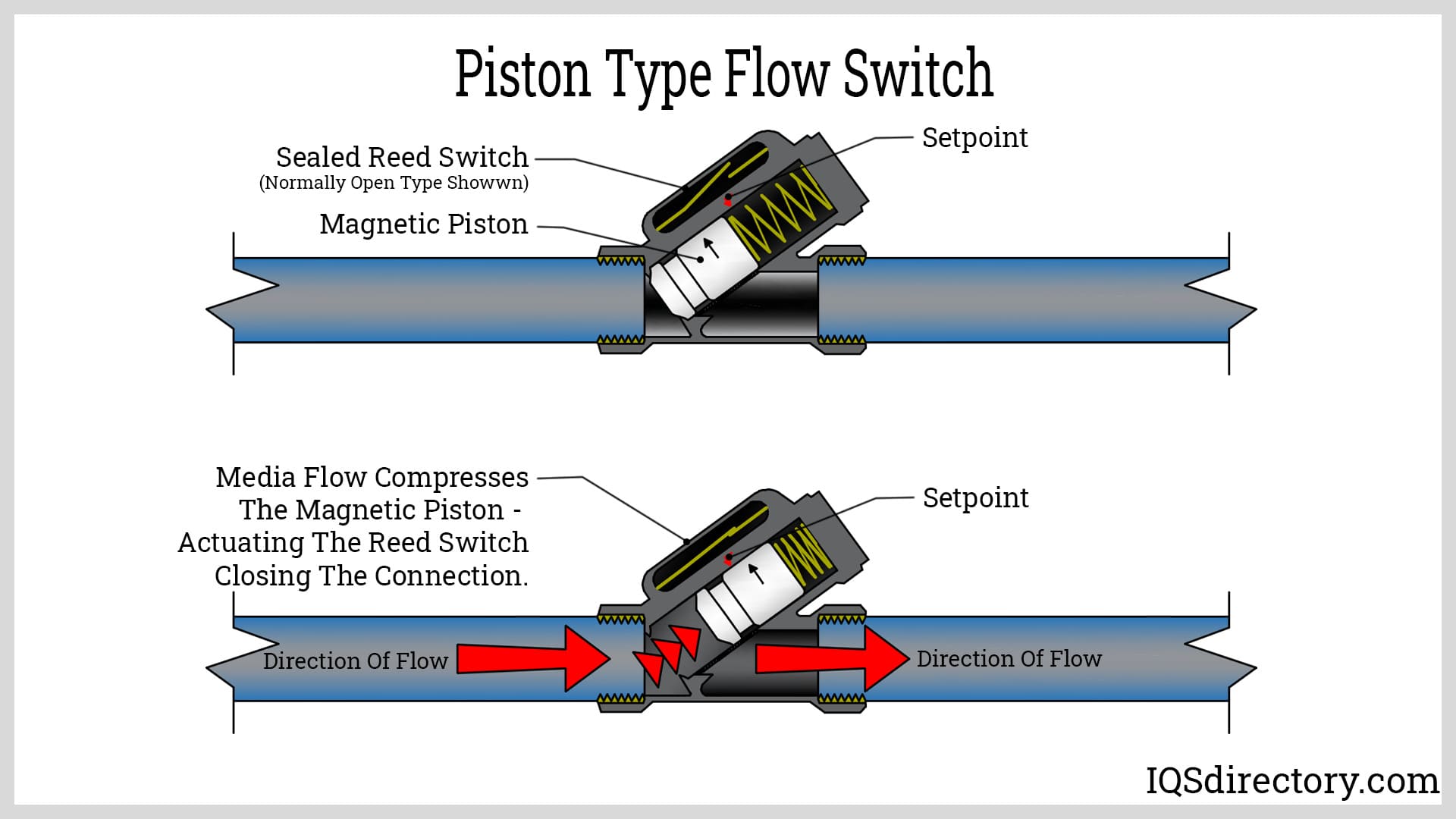
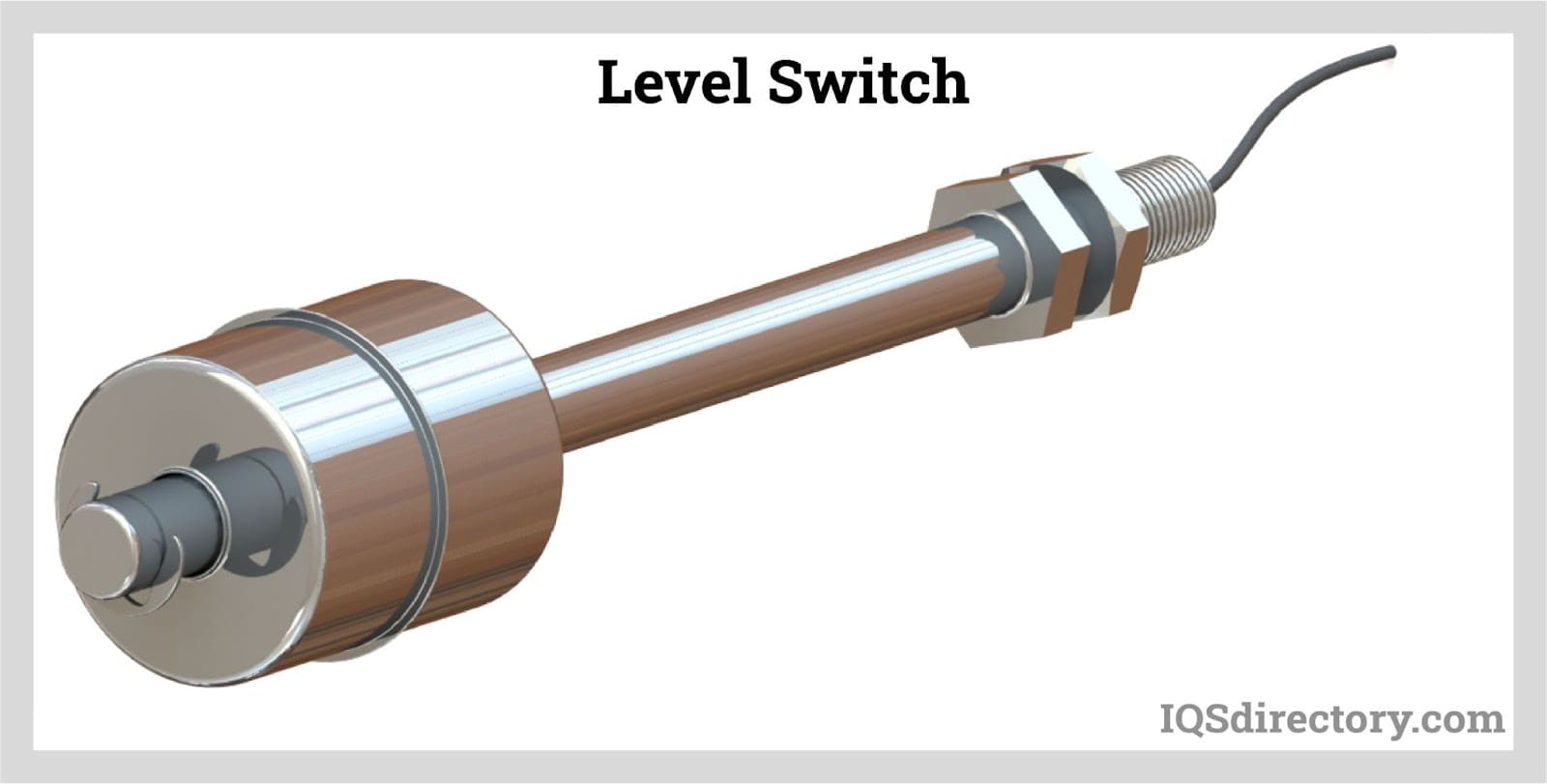
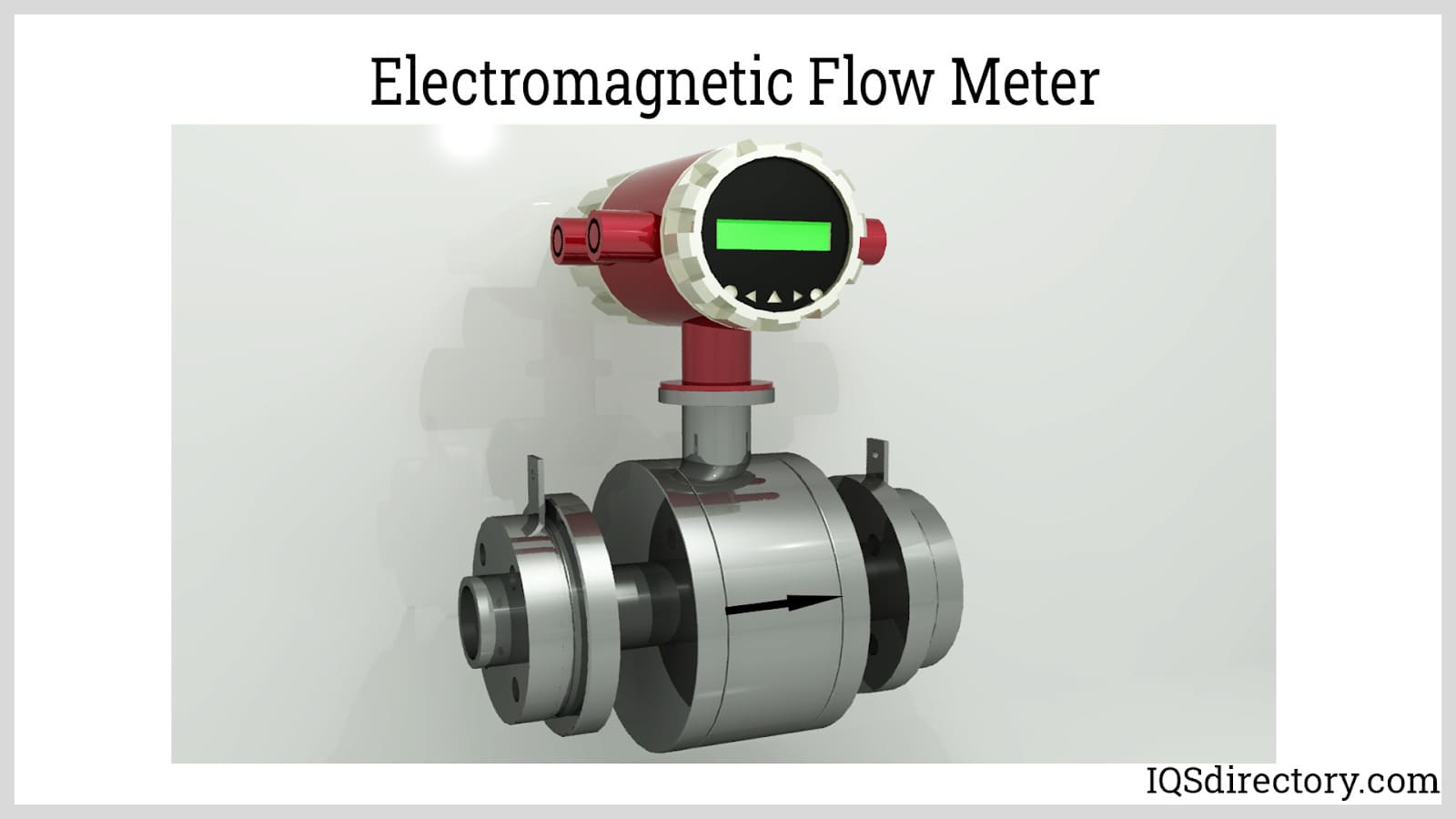
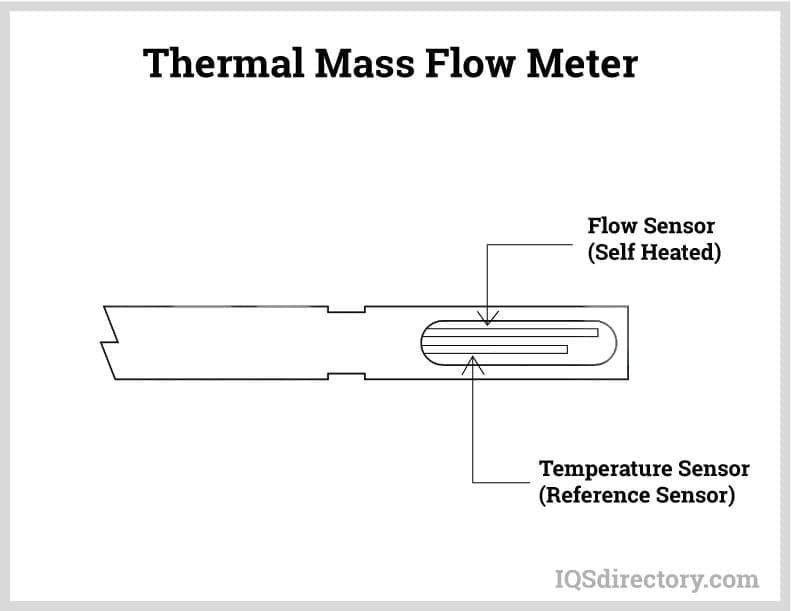
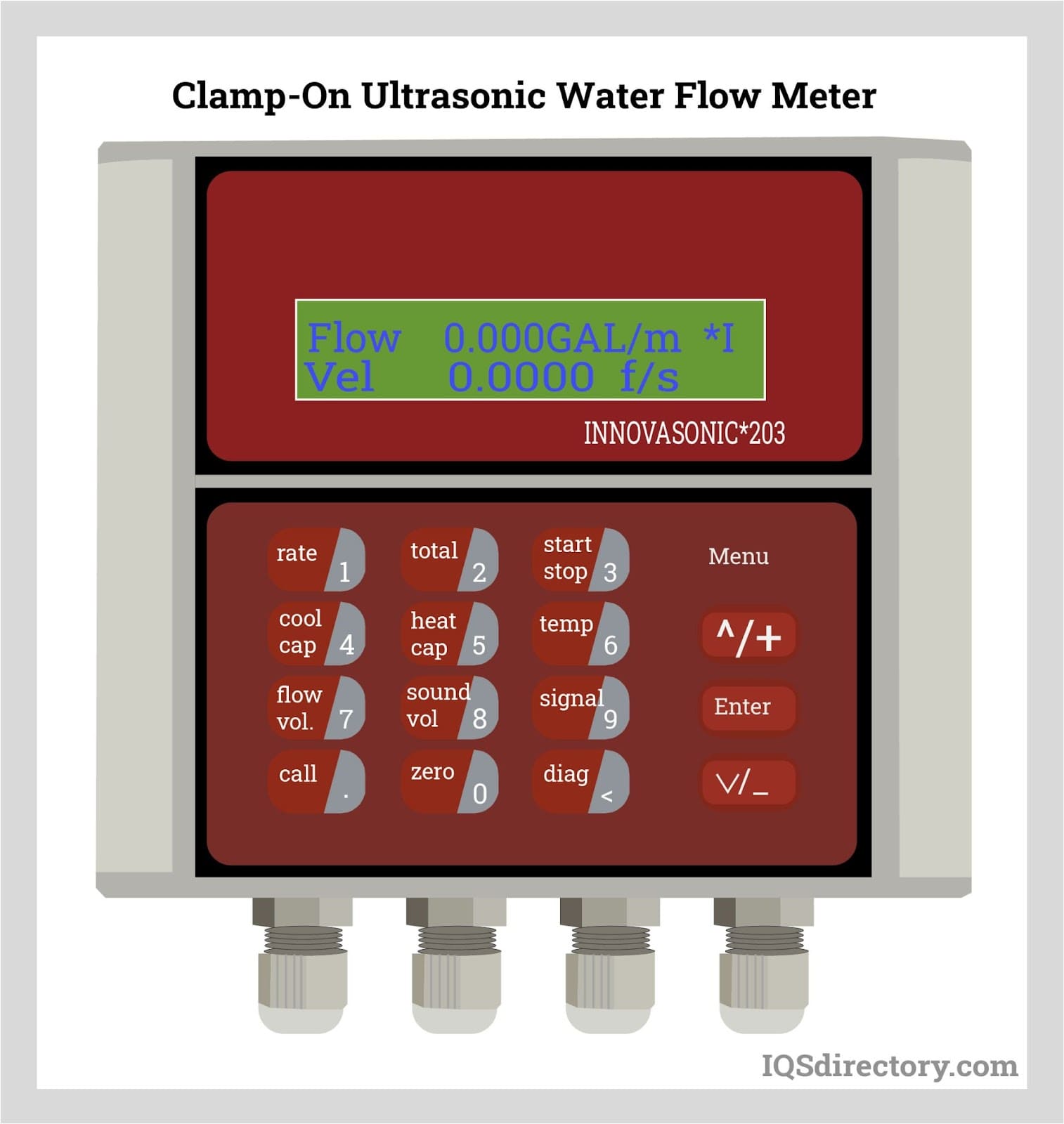
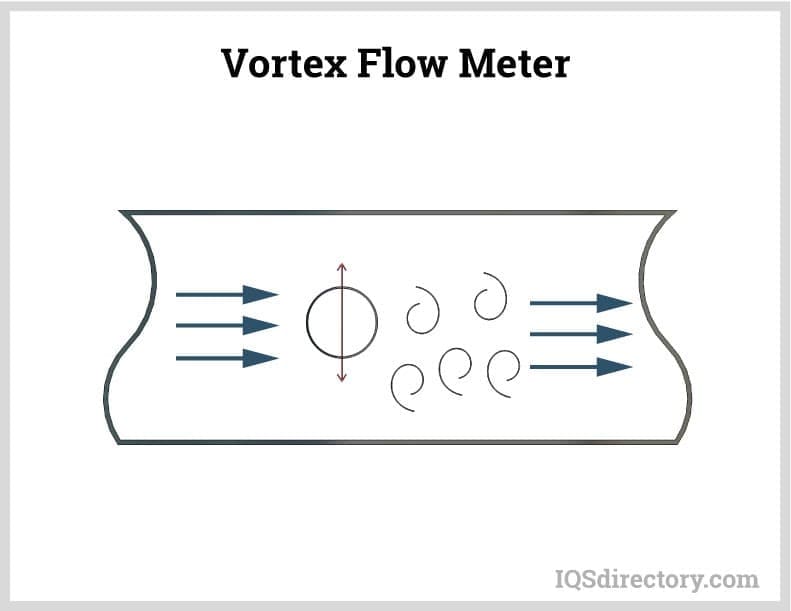
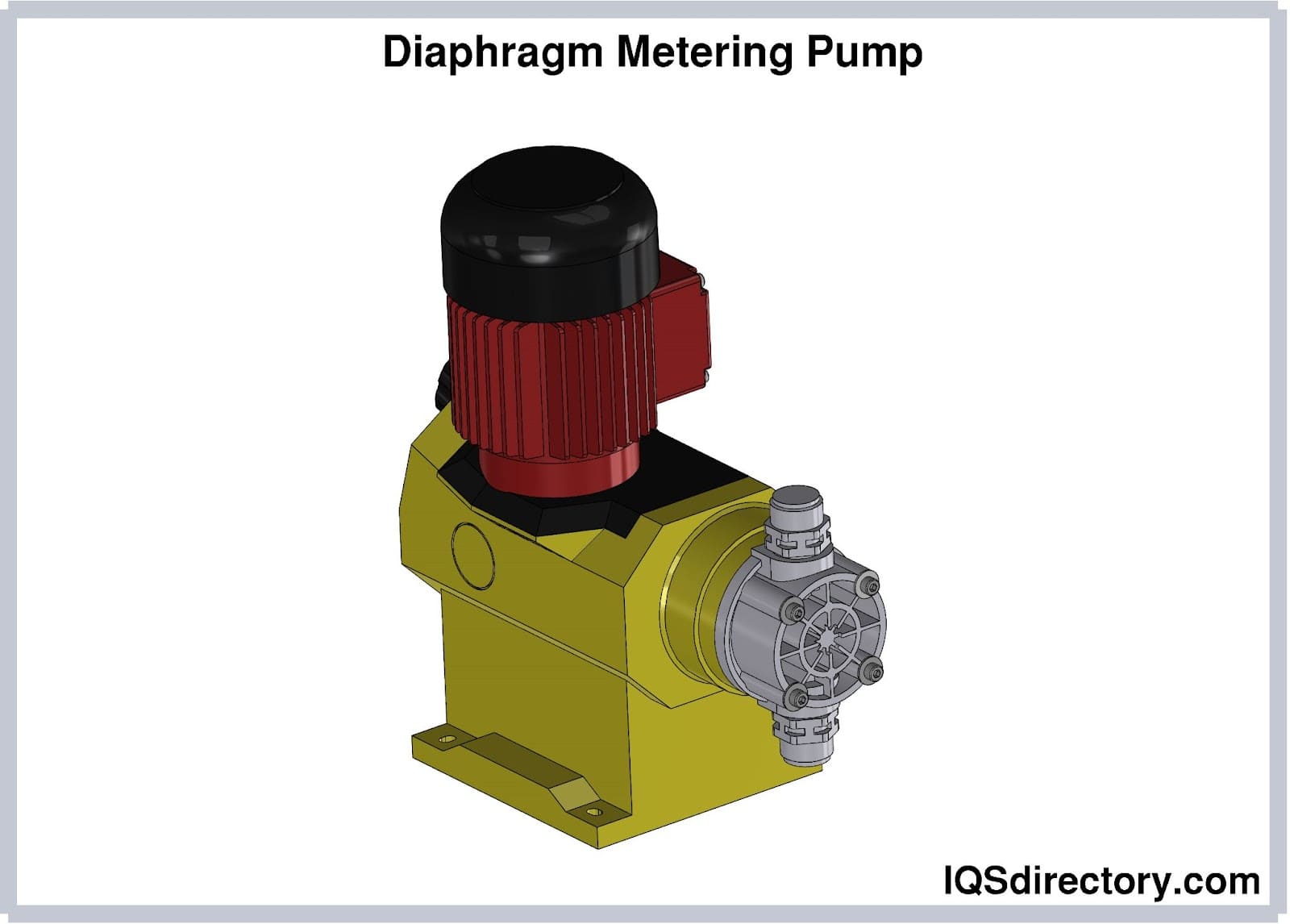
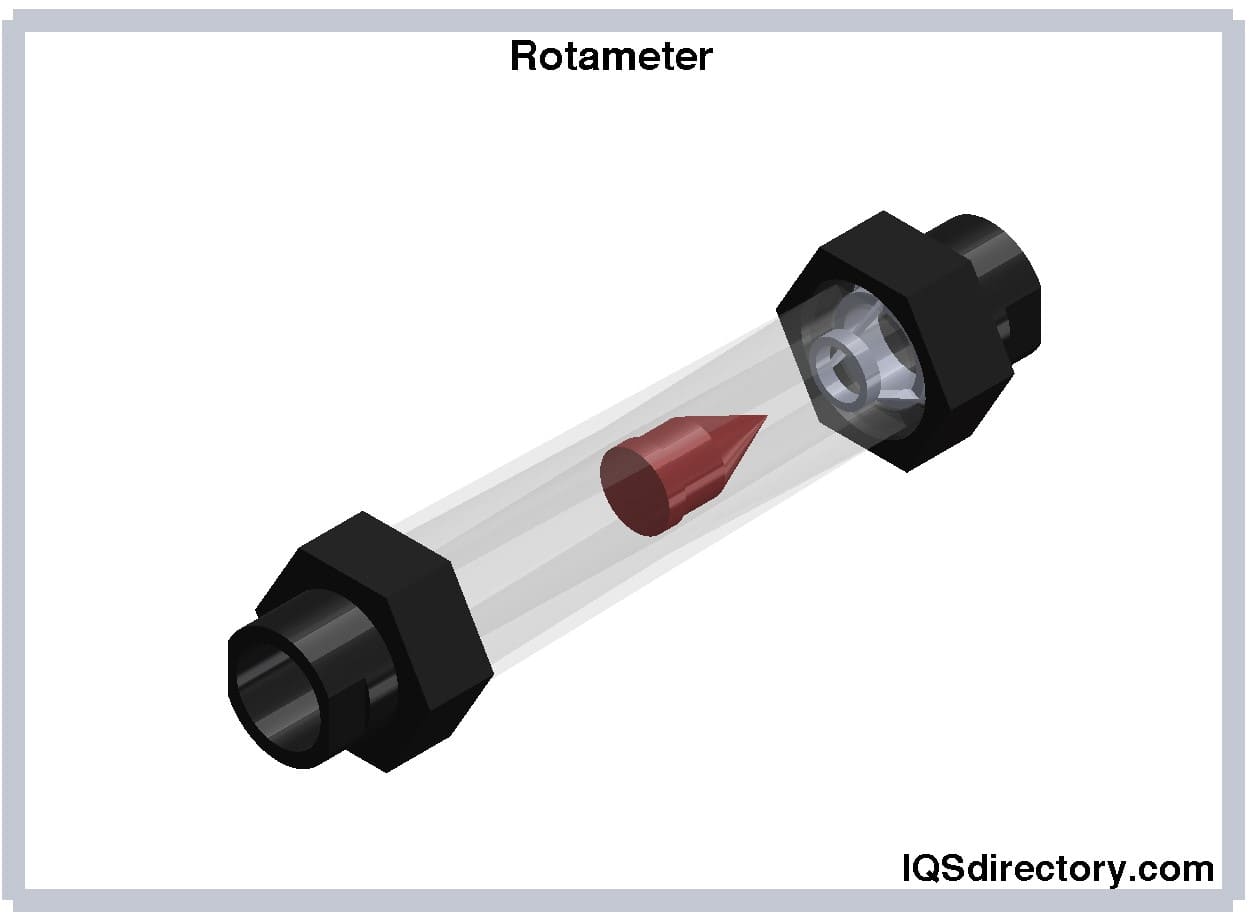
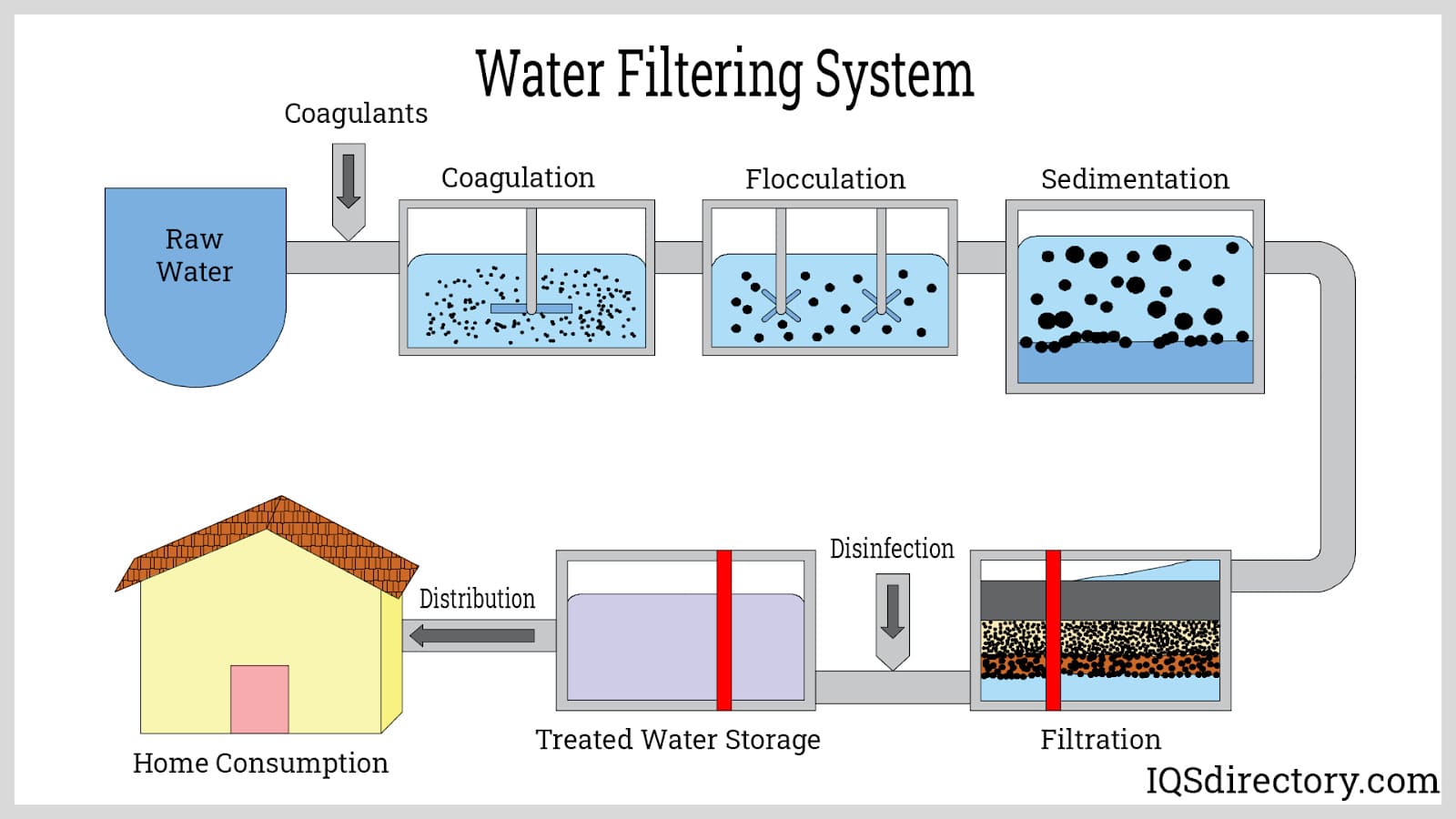
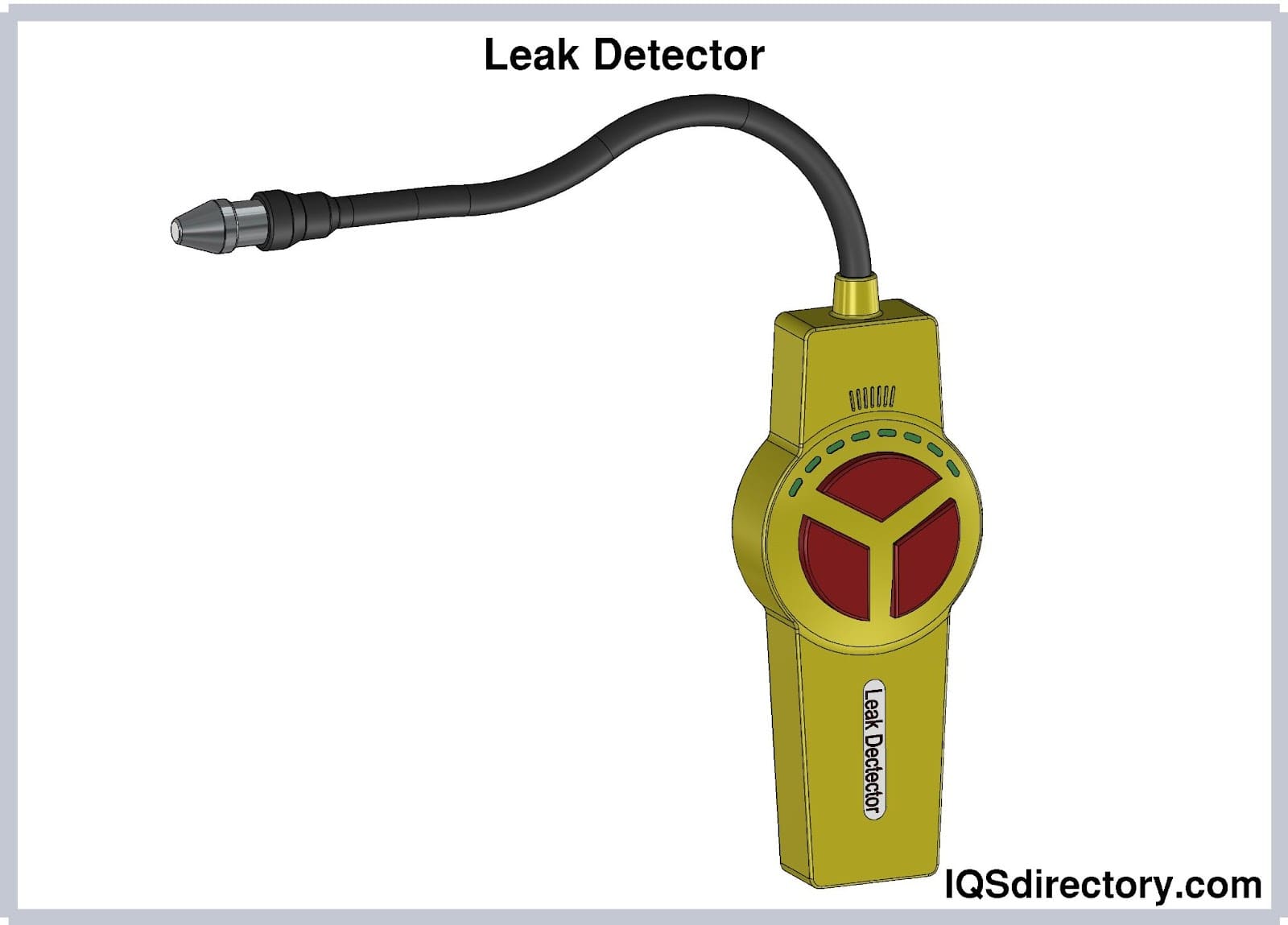
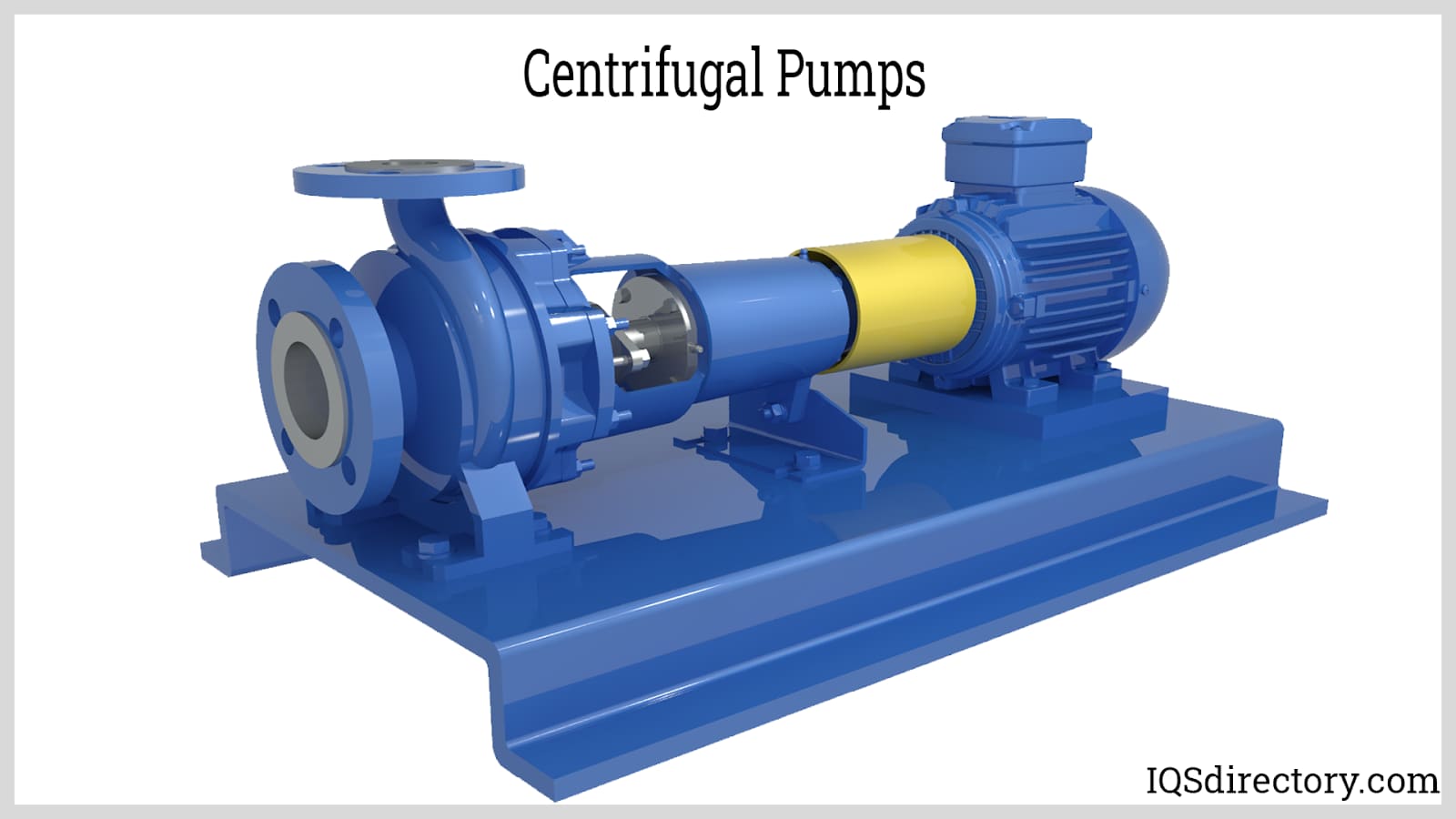
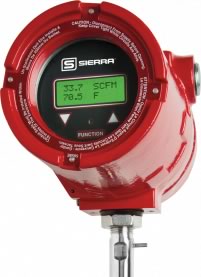 Flow Gauges
Flow Gauges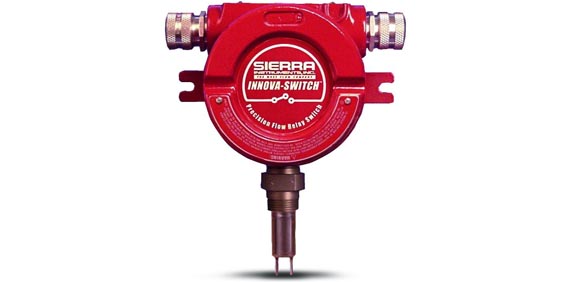 Flow Indicators
Flow Indicators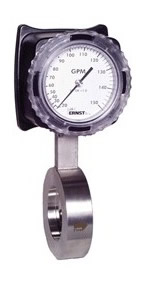 Flow Meters
Flow Meters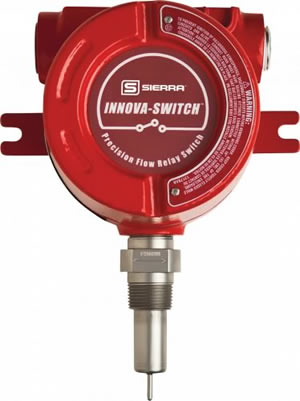 Flow Switches
Flow Switches Castings & Forgings
Castings & Forgings Bulk Material Handling
Bulk Material Handling Electrical & Electronic Components
Electrical & Electronic Components Flow Instrumentation
Flow Instrumentation Hardware
Hardware Material Handling Equipment
Material Handling Equipment Metal Cutting Services
Metal Cutting Services Metal Forming Services
Metal Forming Services Metal Suppliers
Metal Suppliers Motion Control Products
Motion Control Products Plant & Facility Equipment
Plant & Facility Equipment Plant & Facility Supplies
Plant & Facility Supplies Plastic Molding Processes
Plastic Molding Processes Pumps & Valves
Pumps & Valves Recycling Equipment
Recycling Equipment Rubber Products & Services
Rubber Products & Services